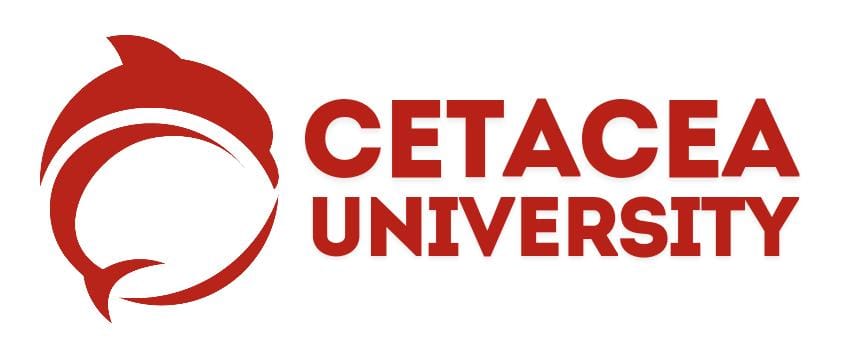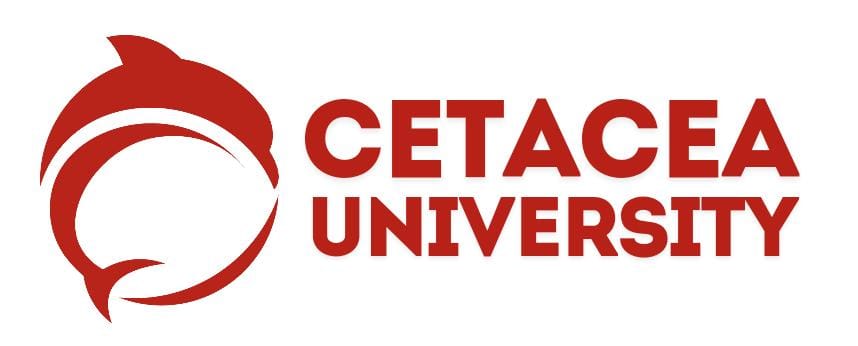
Honorary Master Eligibility
The eligibility criteria for receiving an honorary master’s degree vary depending on the policies and practices of the conferring institution. However, Cetacea University considers consider the following factors when selecting recipients for honorary degrees.
Significant Contributions
The recipient must have made outstanding contributions to their field, profession, or society. These contributions may include groundbreaking research, influential publications, innovative practices, or notable achievements etc.
Distinguished Career
The recipient’s career achievements and impact are typically taken into account. This could include leadership roles, sustained excellence, and a demonstrated commitment to advancing knowledge or improving conditions within their field.
National or International Recognition
Individuals who have received widespread recognition and acclaim within their profession or beyond are often considered for Cetacea University honorary degrees. This recognition may come in the form of prestigious awards, honors, or invitations to speak at major events.
Service and Leadership
Recipients who have demonstrated a commitment to service, leadership, and making a positive impact on society are considered for Cetacea University honorary master. This could include philanthropic efforts, advocacy work, or significant contributions to education and community development.
Alignment with Institution's Values
The recipient’s values and achievements should align with the mission and values of Cetacea University. Cetacea University seeks individuals whose work reflects their commitment to excellence, integrity, diversity, and the advancement of knowledge.
Impact and Influence
The recipient’s work should have had a meaningful impact on their field or society, influencing the direction of research, practice, policy, or public discourse in significant ways.

